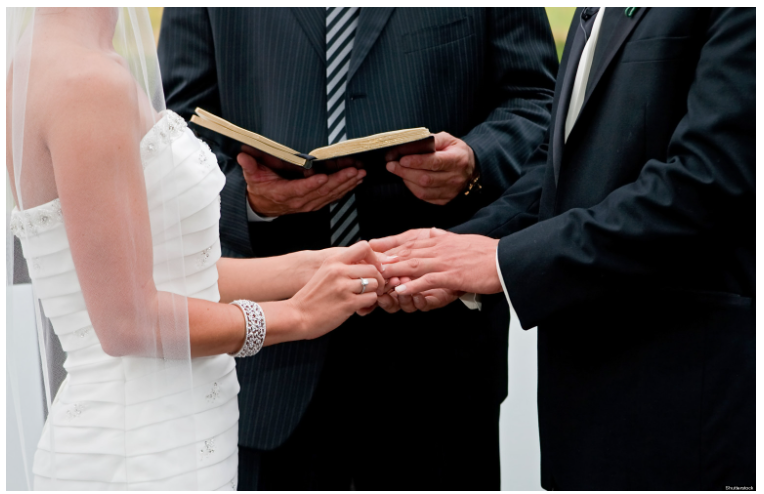Salvation By Grace
What does it mean that salvation is by grace through faith?

Salvation by grace through faith is at the heart of the Christian religion. “For it is by grace you have been saved, through faith—and this not from yourselves, it is the gift of God—not by works, so that no one can boast” (Ephesians 2:8–9). The statement has three parts— salvation, grace, and faith—and they are equally important. The three together constitute a basic tenet of Christianity.
The word salvation is defined as “the act of being delivered, redeemed, or rescued.” The Bible tells us that, since the fall of Adam and Eve in the Garden of Eden, each person is born in sin inherited from Adam: “Sin entered the world through one man, and death through sin, and in this way death came to all men, because all sinned” (Romans 5:12). Sin is what causes all of us to die. Sin separates us from God, and sin destines each person to eternal separation from Him in hell. What each of us needs is to be delivered from that fate. In other words, we need salvation from sin and its penalty.
How are we saved from sin? Most religions throughout history have taught that salvation is achieved by good works. Others teach that acts of contrition (saying we are sorry) along with living a moral life is the way to atone for our sin. Sorrow over sin is certainly valuable and necessary, but that alone will not save us from sin. We may repent of our sins, also valuable and necessary, and determine to never sin again, but salvation is not the result of good intentions. The road to hell, as the saying goes, is paved with good intentions. We may fill our lives with good works, but even one sin makes us a sinner in practice, and we are already sinners by nature. No matter how well-intentioned or “good” we may be, the fact is that we simply do not have the power or the goodness to overcome the sin nature we have inherited from Adam. We need something more powerful, and this is where grace comes in.
The grace of God is His undeserved favor bestowed on those He has called to salvation through His love (Ephesians 2:4–5). It is His grace that saves us from sin. We are “justified freely by his grace through the redemption that came by Christ Jesus” (Romans 3:24). Being justified, we are vindicated and determined to be sinless in the eyes of God. Our sin no longer separates us from Him and no longer sentences us to hell. Grace is not earned by any effort on our part; otherwise, it could not be called grace. Grace is free. If our good works earned salvation, then God would be obligated to pay us our due. But no one can earn heaven, and God’s blessings are not His obligation; they flow from His goodness and love. No matter how diligently we pursue works to earn God’s favor, we will fail. Our sin trips us up every time. “By the deeds of the law no flesh will be justified in His sight” (Romans 3:20, NKJV).
The means God has chosen to bestow His grace upon us is through faith. “Now faith is being sure of what we hope for and certain of what we do not see” (Hebrews 11:1). Salvation is obtained by faith in God’s Son, Jesus Christ, in what He has done—specifically, His death on the cross and His resurrection. But even faith is not something we generate on our own. Faith, as well as grace, is the gift of God (Ephesians 2:8). He bestows saving faith and saving grace upon us in order to redeem us from sin and deliver us from its consequences. So God saves us by His grace through the faith He gives us. Both grace and faith are gifts. “Salvation belongs to the LORD” (Psalm 3:8, ESV).
By grace, we receive the faith that enables us to believe that He has sent His Son, Jesus Christ, to die on the cross and provide the salvation we cannot achieve on our own. Jesus, as God in flesh, is the “author and perfecter of our faith” (Hebrews 12:2). Just like the author of a book creates it from scratch, Jesus Christ wrote the story of our redemption from beginning to end. “For he chose us in him before the creation of the world to be holy and blameless in his sight. In love he predestined us to be adopted as his sons through Jesus Christ, in accordance with his pleasure and will—to the praise of his glorious grace, which he has freely given us in the One he loves” (Ephesians 1:4–6). The Lord died for our sins and rose for our justification, and He forgives, freely and fully, those who accept His gift of grace in Christ—and that acceptance comes through faith. This is the meaning of salvation by grace through faith.
FURTHER STUDIES
Faith Alone, The Doctrine of Justification: What the Reformers Taught…and Why It Still Matters by Thomas SchreinerMore insights from your Bible study – Get Started with Logos Bible Software for Free!RELATED ARTICLE
What does it mean that good works are the result of salvation?What does it mean to be saved by grace?Is salvation by grace plus works a false gospel?What is the meaning of Ephesians 2:8–9?Is salvation by faith alone, or by faith plus works?



